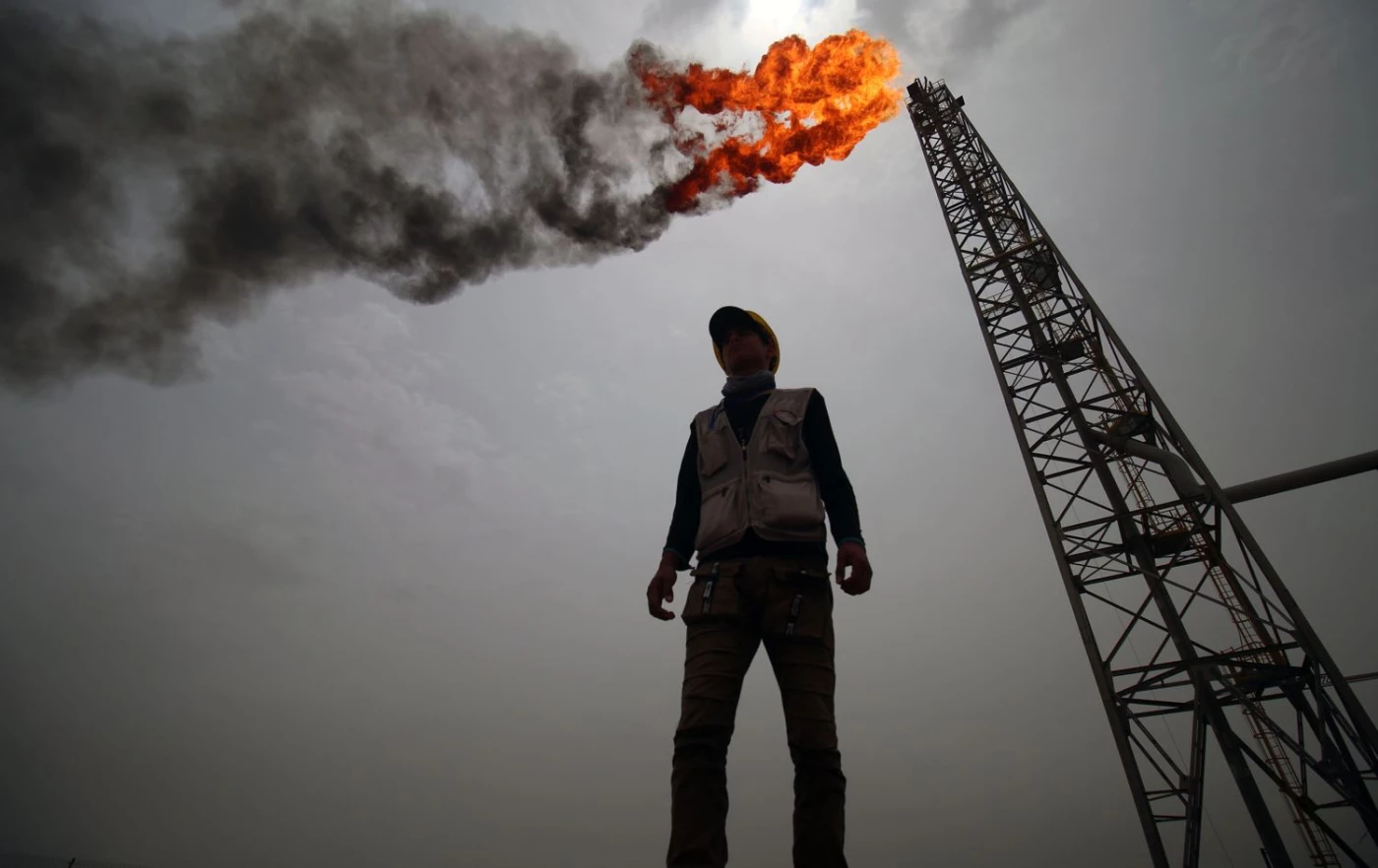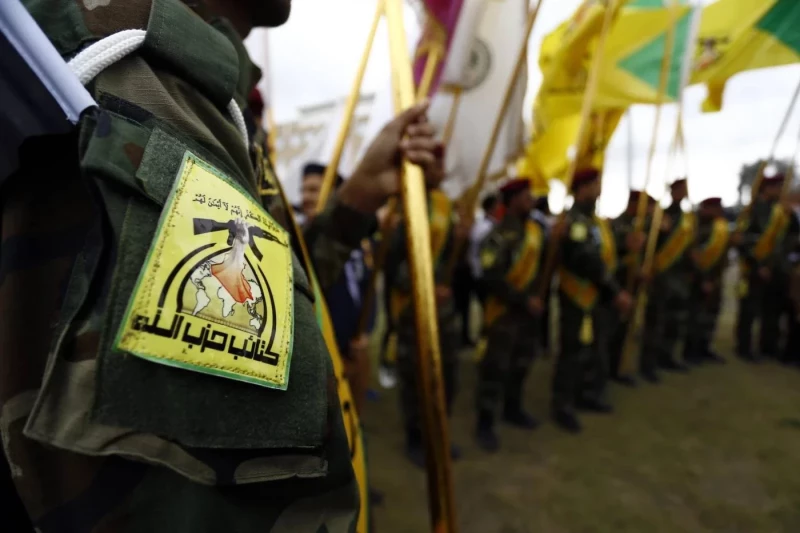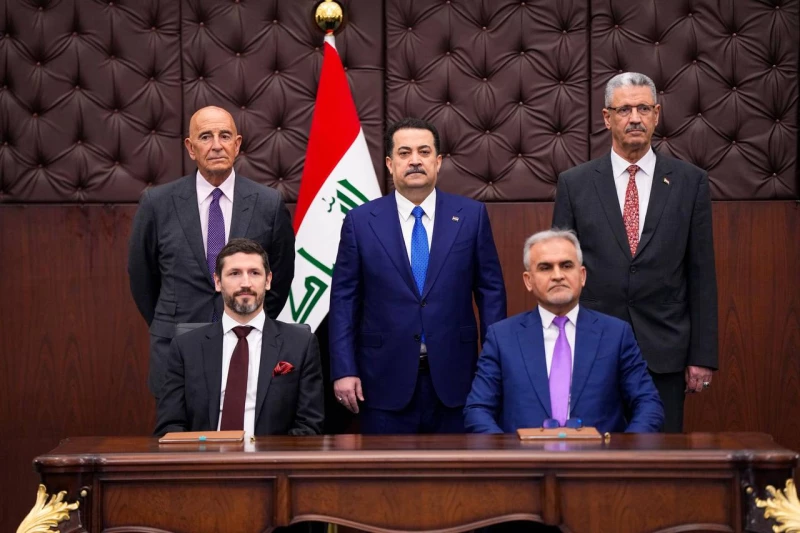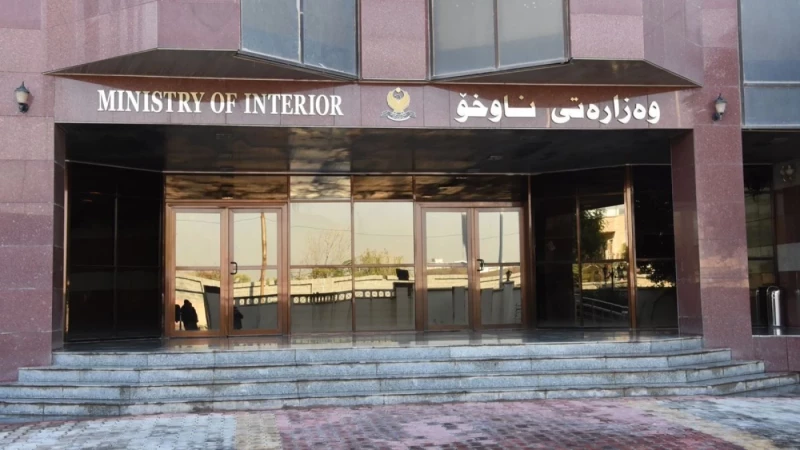MILAN, Italy - International oil producers operating in the Kurdistan Region on Friday accused the Iraqi oil ministry of displaying an unwillingness to reach a resolution with international oil companies (IOCs) that would allow for the resumption of Kurdish oil exports.
Baghdad and Erbil announced late February that they reached an agreement to resume the Kurdistan Region’s oil exports to the international market, but the process has yet to restart with international oil producers demanding payment surety, transparent implementation of Iraq’s budget law stipulations, and resolution of payments that are in arrears before resuming the work.
In a statement on Friday, the Association of the Petroleum Industry of Kurdistan (APIKUR) said that the IOCS, along with the Kurdistan Regional Government (KRG), have been negotiating “in good faith” with the Iraqi government to enable the resumption of the Region’s oil exports, but noted that the action of the federal oil ministry have hindered the process.
“We understand today the Ministry of Oil has demonstrated it is unwilling to negotiate a solution that honors IOCs contract sanctity and is attempting to establish a process to unilaterally alter the economic framework of legal and valid contracts between the KRG and IOCs,” read the statement.
The Iraqi Parliament passed an amendment to the Federal Budget Law in early February, which obliges Baghdad to reimburse Erbil for the production and transportation cost of one barrel of oil at the average cost of production and transportation of the federal oil ministry.
The cost was previously valued at $6, which the IOCs repeatedly criticized as being way lower than their actual expenses. According to the amendments, the IOCs would now be paid $16 to in the first phase, before an independent technical consultant team is assigned to assess the extraction cost.
APIKUR has repeatedly stated that the terms of their existing contracts and the economic models within them must be respected.
“These actions by the Ministry of Oil are not acceptable, and the member companies of APIKUR will not resume exports until there is commitment from the GOI [Government of Iraq] to honor our contracts including payment surety for past and future exports,” the statement added.
Exports of the Kurdistan Region’s oil through the Turkish Ceyhan pipeline, where part of Kirkuk’s oil was also exported, were halted in March 2023 after Ankara lost a case against Baghdad in a Paris-based arbitration court. The case accused Ankara of breaching a 1973 agreement by allowing Erbil to start selling oil independent of Baghdad.
The halt in exports has dealt a major blow to Iraq and the Kurdistan Region's economy, with over $27 billion in lost revenue to date.



 Facebook
Facebook
 LinkedIn
LinkedIn
 Telegram
Telegram
 X
X


